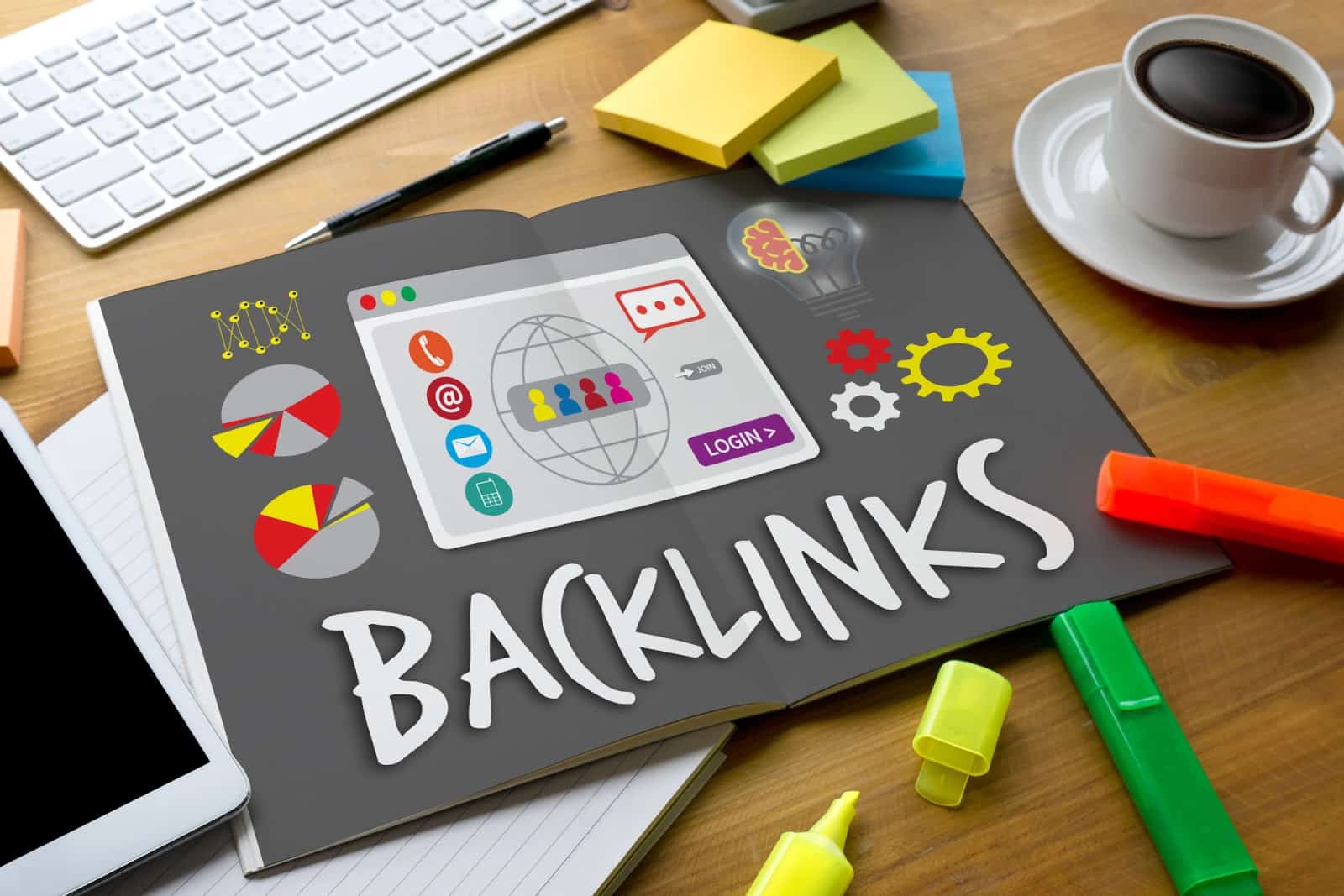Trying to get organic search traffic to your website? One of the key components to do this is collecting backlinks – a process that takes time and patience. That’s why we understand how frustrating it can be when you notice them disappearing.
Read on to learn a few ways to avoid and fix this problem!
Why Are Backlinks Valuable?
High-quality backlinks are a major ranking factor for Google. The more high-quality backlinks your site has, the more relevant and valuable your website is to Google’s algorithm.
Backlinks provide another source of organic traffic. As you lose those backlinks, it can lower your rankings on SERPs (search engine result pages). Since 90% of all traffic goes to websites on the first page, it’s essential to take care of your backlinks.
1. Changing URL Structures
Your link may have disappeared because you changed your URL structuring recently. Your pages could lead to an error page because of this restructuring, rendering the link useless even though it still exists.
The best way to avoid this is to implement 301 redirects whenever you change the URL structure of your site. A 301 redirect is a permanent way to send site visitors and search engines to a different URL than the one they originally selected.
2. Low-Quality Content
It’s possible that a website isn’t producing quality content anymore, rendering your backlinks from that site useless. This can be because they lost one of their lead writers, they no longer have time to devote to the site, or the site has a new owner that doesn’t prioritize quality content.
Regardless of the reasons, a website that hosts low-quality content doesn’t serve your needs any longer. Links have a natural lifespan, and when they’re low quality they disappear even faster.
Since those links probably weren’t directing any additional traffic or providing SEO value, losing those links isn’t harmful.
3. Deleted Backlink
You may notice that your link leads to an error page or redirects to different content. This is because the owner of the page decided to delete the content.
This deletion could be for any number of reasons. Perhaps their website is being revamped and they’re prioritizing fresh content. The website could have simply disappeared or a new owner could have bought it.
In these instances, there’s not a lot you can do. It’s important to remember that if the site was old and outdated, the deletion of your backlink probably isn’t affecting your SEO negatively.
4. Crowded With Ads
A backlink can drastically drop in value when the page has too many ads. SEO algorithms check for ads on pages, and a large amount of them that obscures the content is often viewed as spam.
5. Outdated Content
Although your backlinks may still be there, the content itself has become outdated. If you don’t want to consistently monitor your backlinks, work on creating valuable evergreen content.
Evergreen content stays relevant even as the years go by. This content gets its name from evergreen trees, which retain their leaves even as the seasons pass. The same applies to evergreen content – it’s long-lasting.
With this in mind, evergreen content can be:
- Lists
- Top Tips
- “How To” Tutorials
- Product Reviews
Evergreen is not:
- News articles
- Articles focusing on a specific holiday
- Articles focused on trends
One of the best ways to keep your backlinks relevant and valuable is to become a master at creating evergreen content. Focus on topics that are specific and beginner-friendly without industry jargon. This is because the majority of people searching for your content are probably not industry professionals.
If you find that your topic is too broad, divide it into smaller articles and then link those articles together. Not only is this great for SEO, but it also gives readers small, manageable chunks of content with the choice of expanding on their knowledge with links.
Link Building
As you can see, you don’t have many options when it comes to stopping or reversing the deletion of your links. Not only do they have a natural lifespan, but you can’t control what the site or page owner that sent you the link decides to do.
However, by concentrating on consistent link building efforts and creating quality content, your links are less likely to disappear in great numbers.
Here are a few ways to work on your link building:
- Write guest posts for as many valuable niche sites as you can find.
- Create content in other formats, such as YouTube videos and insightful infographics.
- Share all of your posts on social media, and tag influencers and brands who are relevant.
- Leave valuable comments on blog posts relevant to your site, while linking to your content to explain your points.
- Become an authority in your niche by answering questions on Quora or StackExchange.
- Interview people in your niche to produce more valuable content.
Content is King
By now you should know that focusing on high-quality evergreen content and sharing that content with as many brands as you can is the best thing to do for consistent link building and lasting backlinks.
Dying links are inevitable, but they’ll take longer to disappear if your content is valuable and relevant. Remember to create 301 redirects whenever you restructure your URLs. Focus on creating new, valuable backlinks then trying to reinstate the old. Ready to grow your business through powerful, smart digital marketing solutions? Contact us today for prompt answers to your questions!
